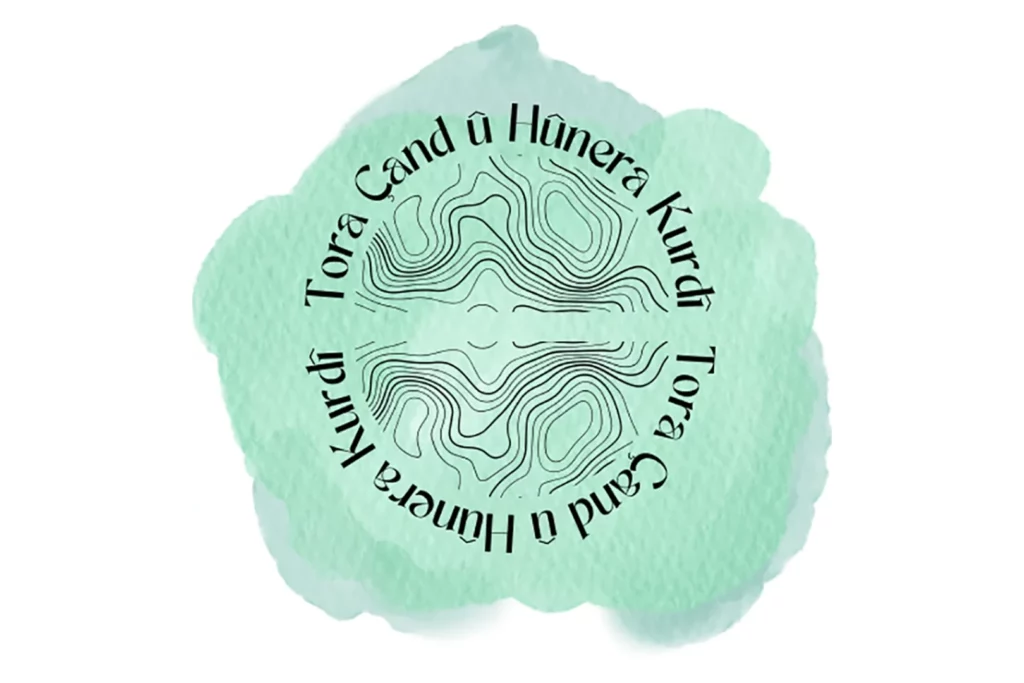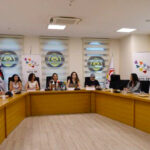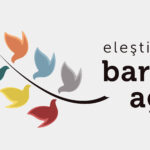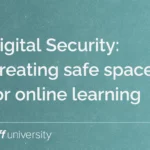In May, we were invited to attend a VAHA networking meeting in Berlin. This meeting gave participants the opportunity to meet organisations across Council of Europe countries; connect with like-minded cultural workers and artists; and to build partnerships with the help of the VAHA Transnational Exchange Grant.
During the 3-day gathering, Tuba from Off University had conversations with local partnerships (hubs) from Turkey from VAHA’s programme round II: Common Ground Through Culture in Times of Crises.
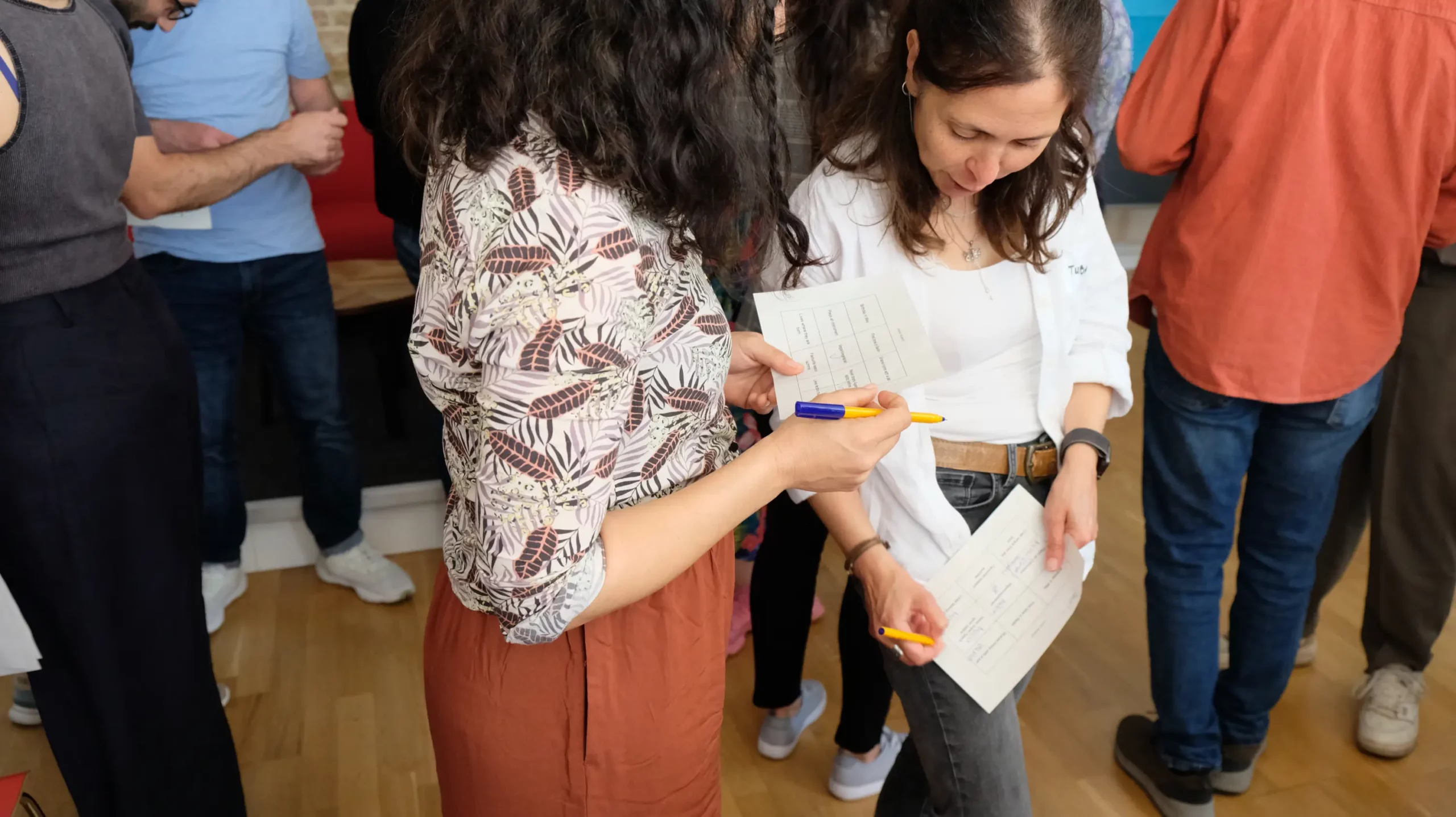
Tora Çand û Hûnera Kurdî hub brings together three organisations from Diyarbakır; Mesopotamia Foundation, the Middle East Cinema Academy Association, and Amed City Theatre. The hub aims to counteract the threats and censorship faced by Kurdish cultural institutions, and to standardise Kurdish culture and art terminology. We joined forces with them to carry out research on The Journey of Kurdish Women to Berlin. The project not only amplifies the voices of Kurdish female asylum seekers, highlighting the resilience and cultural identity of these women, but also fosters understanding and solidarity across communities.
Throughout the summer, our researcher conducted 10 in-depth interviews in Berlin, gathering powerful personal narratives. The interviewees will come together at the end of this month for a focus group session to share their journeys both with the Kurdish community in Berlin and their region of origin.
The project will culminate with a collaborative writing workshop, in which professional writers and facilitators will turn the women’s stories into a stage play. We also plan to use the collected information and video recordings of the interviews to publish an article documenting the entire process and methodology.
VAHA is an initiative of Anadolu Kültür and zusa, funded by Stiftung Mercator and the European Cultural Foundation. We thank Chrest Foundation for its support.

